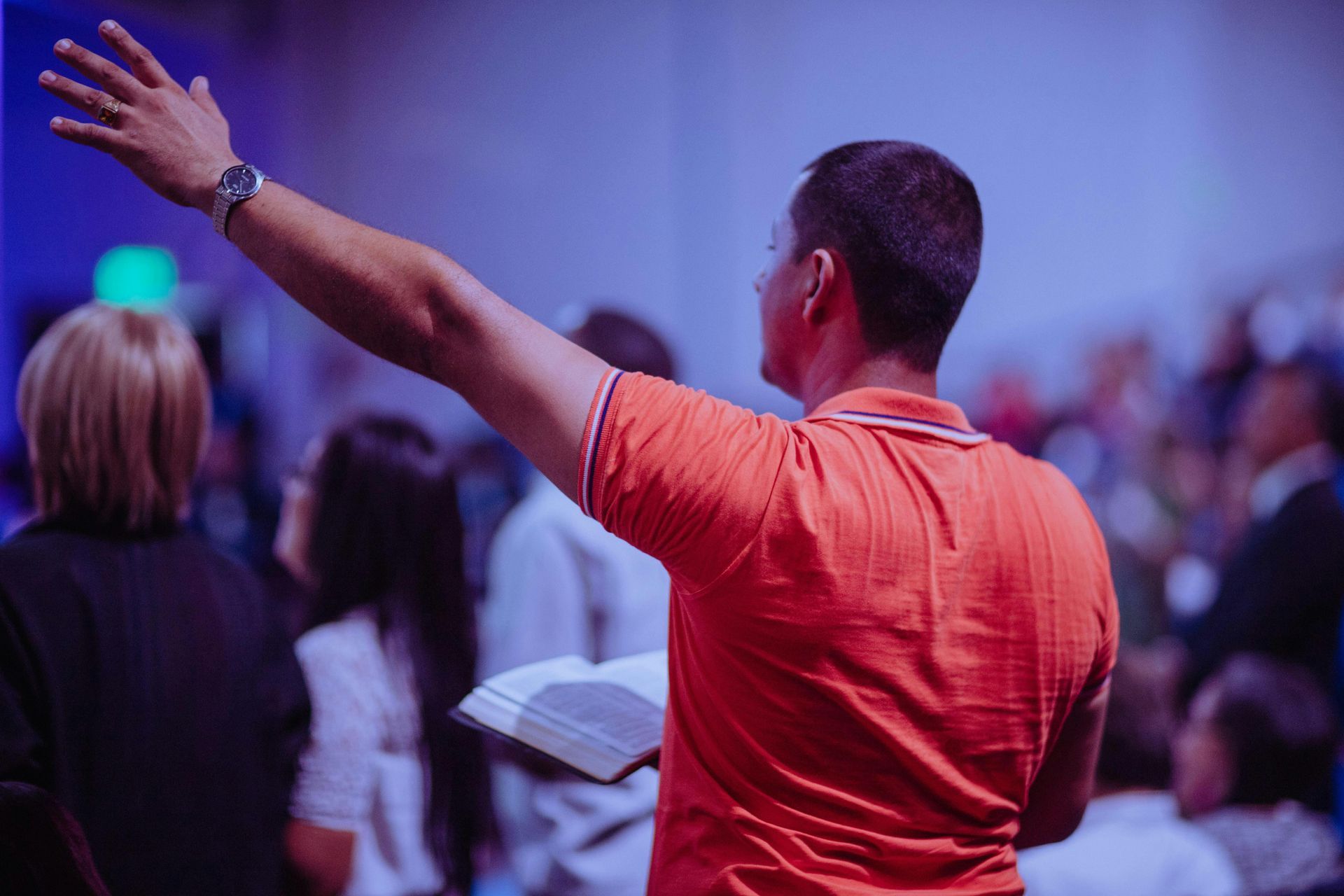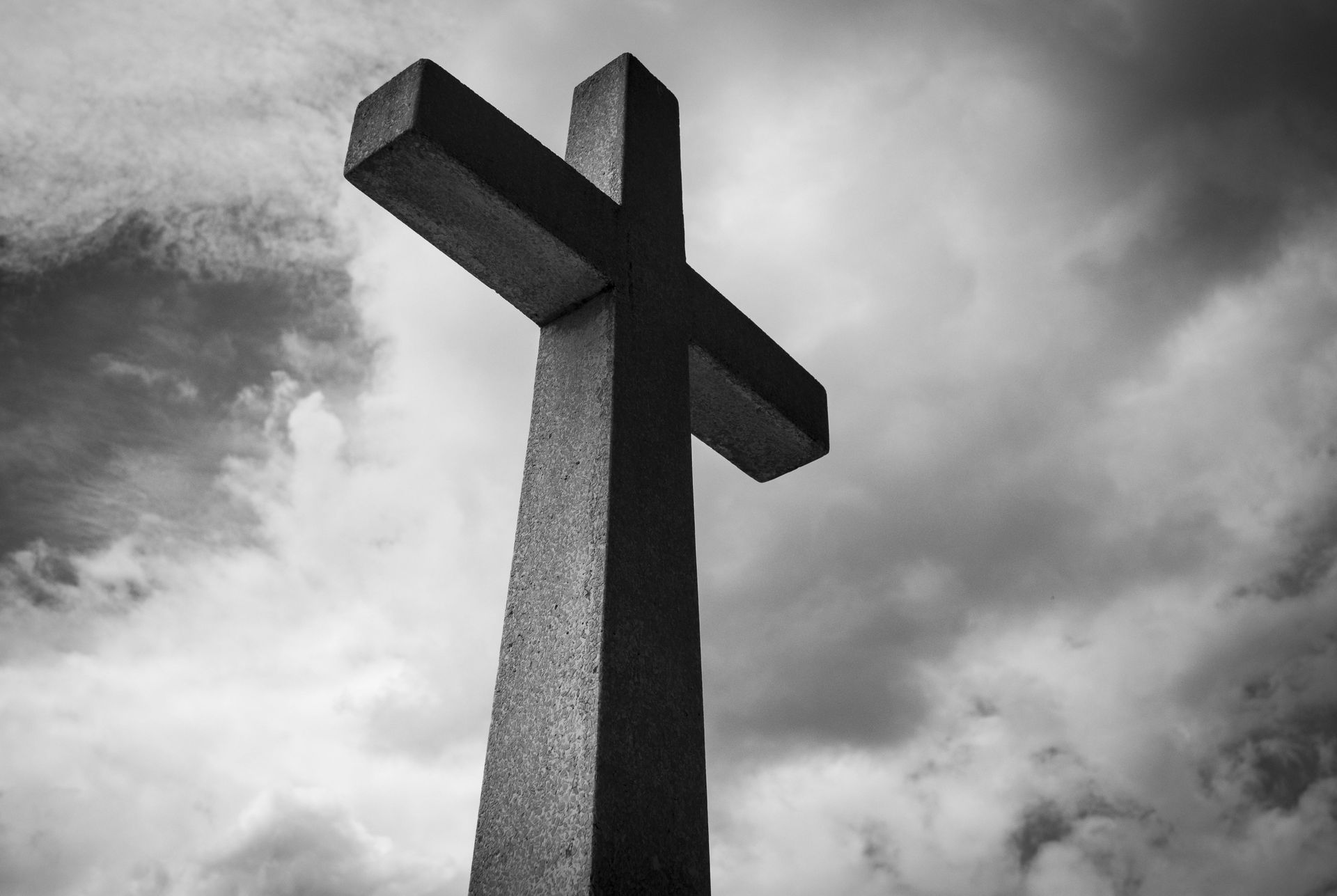The View from My Study ™

Good Monday morning dear friends, You are on my heart this morning and my passion is to provide you with something the Holy Spirit can use to conform you to the image of Jesus, loving God and sharing the blessing of knowing him with others just as the Lord has been doing in Luke’s Gospel. As I mentioned last Monday, there are five Sundays in November and I have divided Luke 22 into five sermons. Yesterday we looked at 1 – The Plot and the Passover in verses 1-23 I hope Sunday’s sermon was a blessing to you, that you can practically apply it to the pressures of your own life and will use the text to help others who are enduring stress. The rest of the series looks like this: 2 – The Test of True Greatness – 24-38 3 – The Agony in the Garden – 39-46 4 – The Kiss and the Sword – 47-53 5 – The Disciples’ Fall & the Son’s Faithfulness – 54-71 This week we are focusing on true greatness in verses 24-38 and today is ‘Observation’ day. According to Jesus in these verses, true greatness is not measured by one’s position or power but by three things: humility, dependence, and endurance. First, understanding the setting is essential to interpreting and applying the text. a) The conversation happens during the Last Supper, immediately after Jesus instituted the bread and cup (19–20). b) The disciples are still gathered around the table in the upper room (21), so this dialogue flows out of that moment. c) Jesus is preparing the disciples for His departure, suffering, and betrayal (21–23), yet they are distracted by an argument. Second, the disciples are arguing about greatness in vs 24-27. a) Dispute in vs 24 is philoneikia = a love of contention. b) The issue is, “Which of them was to be regarded as the greatest”. 24b c) Jesus uses the moment to contrast worldly greatness with kingdom greatness: o “The kings of the Gentiles exercise lordship…” 25 o “But not so with you.” 26 d) And he introduces a magnificent reversal: “Let the greatest become as the youngest, and the leader as one who serves.” 25b e) He then presents himself as the model: “I am among you as the one who serves.” 27c f) And contrasts his kingdom with this present world. 27a-b. Summary: Jesus redirects the disciples’ ambition toward humility, the kind of humility he is going to demonstrate on the cross. The third thing I see is that Jesus offers the disciples a commendation and a promise. 28-30. a) Jesus acknowledges their faithfulness: “You are those who have stayed with me in my trials.” 28. b) And he promises them a place in His kingdom: o “I assign to you, as my Father assigned to me, a kingdom.” 29a o “You may eat and drink at my table in my kingdom.” 30a o “You will sit on thrones judging the twelve tribes of Israel.” 30b c) The verbs “assign” (diatithemai) and “stay” (diamenōT) indicate covenantal loyalty and endurance. Summary: Jesus shifts their thinking from their present humility to future honor - 28–30. At that moment, (fourthly), Jesus redirects his attention from the group to Peter with a warning. 31–34 a) “Simon, Simon” denotes urgency. (I love the double calls of Scripture). b) He then discusses the spiritual warfare surrounding the disciples: “Satan demanded to have you [plural], that he might sift you [plural] like wheat” 31b. c) And reveals his personal prayers for Peter, “But I have prayed for you [singular], that your faith may not fail” v 32a. d) Then predicts Peter’s failure and restoration. “When you have turned again, strengthen your brothers” 32b. e) As would be natural for any of us, Peter protests his loyalty: “Lord, I am ready to go with you both to prison and to death” 33. f) But Jesus remains steadfast and foretells Peter’s denial: “The rooster will not crow this day until you deny three times that you know me” 34. Summary: Notice the key contrasts in this section: Satan’s demand vs. Christ’s prayer; Peter’s confidence vs. Christ’s foreknowledge. Finally, Jesus gives them all new instructions. 35-38. a) Jesus recalls the earlier mission (Luke 9–10): “When I sent you out without moneybag or knapsack or sandals, did you lack anything?” — They answer, “Nothing.” 35. b) Now He gives new instructions for a hostile environment: o “Let the one who has a moneybag take it, and likewise a knapsack.” 36a o “And let the one who has no sword sell his cloak and buy one.” 36b. c) Jesus then quotes Isaiah 53:12: “He was numbered with the transgressors.” 37. o This connects His coming suffering with prophecy fulfillment. d) The disciples misunderstand, taking Him literally: “Look, Lord, here are two swords.” 38a e) Jesus ends the conversation: “It is enough.” 38b. Summary: The atmosphere has subtly moved from an intimate table fellowship to impending public conflict and departure. It will occur sooner than the disciples understand. Concluding thoughts: Notice some of the repeated themes and patterns There is a contrast of worldly power vs. servant humility; boasting vs. weakness; self-reliance vs. dependence on Christ. There is the repetition of how Jesus address the group: “You” plural vs. “you” singular (Peter)—the group and the individual are both in view. See how the tone of the evening progresses: Argument (vv. 24–25) Correction (vv. 26–27) Encouragement (vv. 28–30) Warning (vv. 31–34) Preparation (vv. 35–38) This passage moves from ambition to affirmation to intercession to instruction. Overall, then, what I observe in this passage is that, Jesus redefines greatness through service. He prepares His followers for testing in pride and persecution. Even at this late date, the disciples’ hearts are exposed as self-seeking, overconfident, and unprepared. Yet Jesus responds with prayer, a promise, and patience. In other words, the true “test of greatness” in Jesus’ kingdom is unfolding right there in the upper room: Will they serve, endure, and trust? I hope that observation will serve you as you begin studying this week. Pray for me if you will. The TRAP Daily Devotion for Study and Transformation (Truth + Time = Transformation) Now that we’ve ‘gutted’ the text, let’s consider how we might meditate on various verses each day of this week, letting the word of Christ “dwell richly” (Col 3:16), so the Holy Spirit can accomplish his reclamation project of returning the full expression of the imago dei to each of us. Today the 3 rd . Read Luke 22:24-27 and meditate on this: Greatness looks like serving Think. A dispute breaks out over who is the greatest. Jesus answers by pointing to the pattern of Gentile rulers who dominate, then overturns it saying the greatest becomes as the youngest, and the leader as the one who serves with himself as the ultimate model. Reflect. Where do I secretly compare myself to others, elevate myself or put others down, in an effort to make myself look good? Apply. Choose one unseen act of service today for someone who cannot repay you. Pray Lord Jesus, you led the disciples as the One who serves. You still serve me by your grace, through creation, the Word, friends, the church, in too many ways to number. “Take my life today and let it be, consecrated, Lord for thee.” Tuesday the 4 th . Read Luke 22:28–30 and meditate on this: Present faithfulness ensures future rewards. Think. Jesus honors the disciples. They stayed with Him throughout his ministry. As a result, he assigns them a place in his kingdom. In effect, they have lost their lives to save them (Matt 16:25). Reflect. How can Jesus’ promise shape my faithfulness to him today? Apply. Name one trial you face. Write, either on paper or in your mind, one sentence of faithful resolve that you will practice this week. Pray. Father, enable me to remain faithful to Jesus in hard places. Fix my eyes on the table He has promised. Wednesday, the 5 th . Read Luke 22:31–32 and meditate on Satan’s plans and God’s power. Think. Jesus reveals the spiritual battle that surrounds you. Satan intended to sift the disciples, but Jesus says He has prayed for Peter so that his faith will not fail. He then charges Peter to strengthen his brothers after he turns back. Reflect. How does knowing that Jesus prays for you (Hb 7:25) encourage your faithfulness? Apply. Today, reach out to someone who is wavering. Share a word of encouragement from the Bible and pray with them. Pray. Lord, thank You for praying for me. Help me to pray for others. Thursday, the 6 th . Read Luke 22:33–34 and meditate on honest zeal and Jesus’ sobering words. Think. Peter vows loyalty to Jesus even if he goes to prison or dies. Jesus answers with a sobering prediction. Before dawn Peter will deny Him three times. Reflect. Where are my words outrunning my obedience so that I am living hypocritically? Apply. Confess one area of overconfidence/pride to the Lord. Demonstrate repentance by acting humbly in that area. Pray. Lord Jesus, rescue me from proud words and shallow strength. Help me to live in repentance over my pride. Friday, the 7 th . Read Luke 22:35–38 and meditate on your readiness for the hostile world around you. Think. Jesus recalls the disciples’ earlier mission of dependence. They lacked nothing. Now he tells them to take provisions, citing Isaiah 53:12. Reflect. Where am I naïve about opposition, and where am I anxious rather than trusting? Apply. You know your weaknesses. Prepare your heart for the pressure you will endure today. Take a Bible verse and a prayer with you throughout the day. Pray. Lord, help me to live aware of Satan’s ploys. By your Spirit, use your word as my sword.









